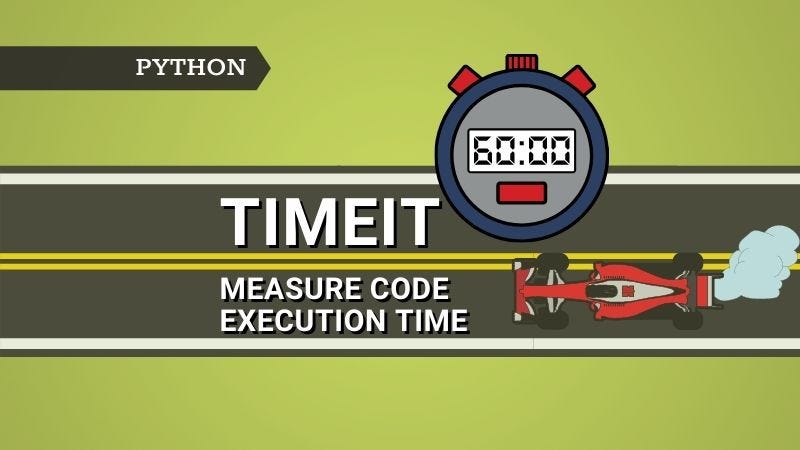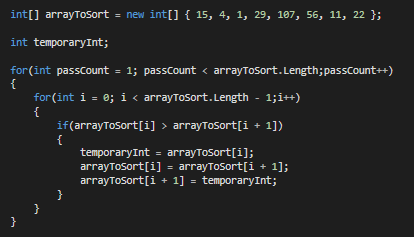
The Python Developer RoadMap
Last Updated on January 26, 2022 by Editorial Team
Author(s): Kunal Ajay Kulkarni
An all-in-one guide to becoming a Python Developer with links to useful courses!

Python is one of the most desired programming languages by data scientists, software engineers, and developers due to its absolute versatility. Python is an interpreted and general-purpose programming language. We can use Python in diverse fields such as software development, web development, web scraping, data science, machine learning, artificial intelligence, competitive programming, and much more. It is no wonder that this kind of versatility has made Python the most sought-after language to learn in 2021.
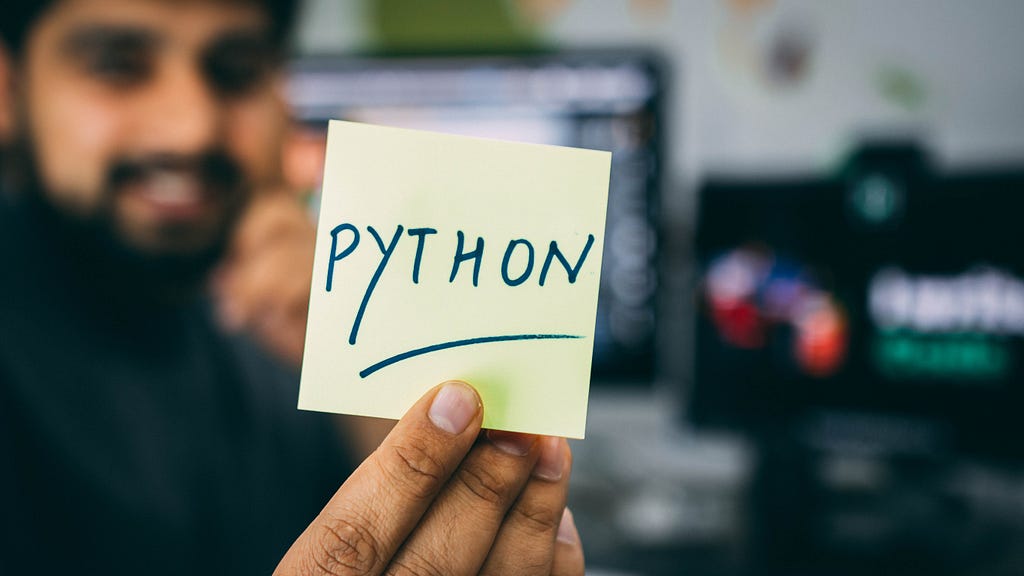
Therefore, in this article, we will discuss the well-structured roadmap needed to become a successful Python developer. We will cover the following things in this blogpost —
- Why become a Python developer?
- How to become a Python developer?
- List of Python Projects
Why become a Python developer?
There are several reasons why you should start your programming career by learning Python. First, Python is easy to understand and has simple syntax and readability. It makes learning the language easy for beginners as well as intermediate programmers. Second, Python is a general-purpose programming language with excellent analytical capabilities and a wide range of useful libraries. This quality of Python makes it possible for a programmer to spend more time on the development of different applications.
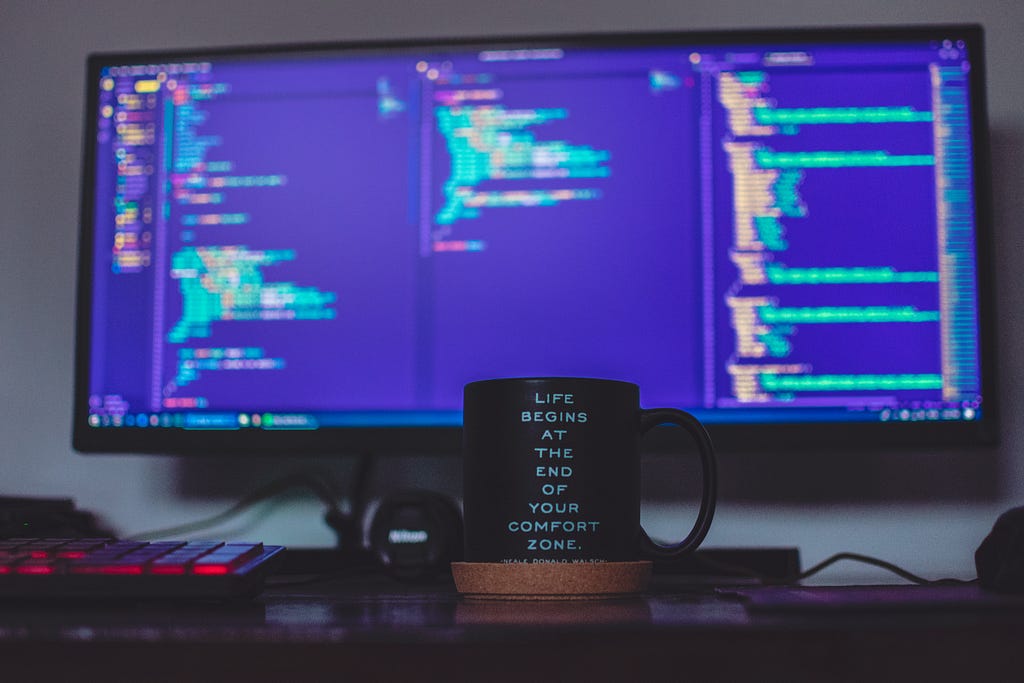
Python allows developers to write fewer lines of code for programs that require more lines of code in other languages. For example, Python programs are slower than Java, but they also take much less time to develop since Python codes are three to five times shorter than Java codes. Some other factors are —
- Python is open-source and is free to use across all operating systems
- It is the most productive language
- You can do several things with Python
- Python has a vast and active community
- It has hundreds of built-in libraries and frameworks
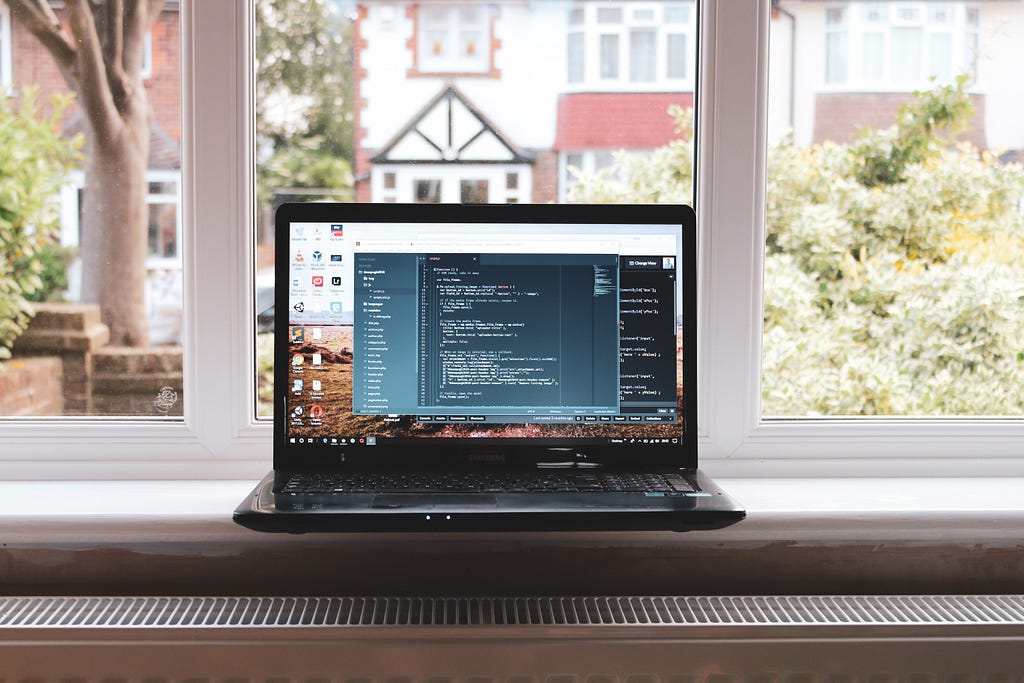
Organizations like Google, Facebook, Netflix, IBM, and many others use Python for diverse tasks such as software development, Machine Learning, Web Development, and much more. By looking at the increasing popularity of Python, you can imagine how useful it is to learn Python.
How to become a Python developer?
First, we will start with some essential skills and computer fundamentals you will require to become a Python developer —
Stage 1 — Computer Fundamentals
1.Git
Git is one of the most popular version control systems. Git is an open-source, free software used for several things such as tracking the changes in the set of files, developing and managing the source code during the software development. Please check the following resources to learn more about Git —
- Version Control with Git (Coursera)
- Version Control with Git (Udacity)
- Learn Git (Codecademy)
- Git Documentation
2. Linux Command Line Basics
Linux command line is also an essential thing to learn for any programmer. I would recommend you to spend some time learning at least the basics of these commands. These commands come in very handy if you aspire to become a Python developer. These resources will help you to learn more about Linux Commands for free —
- The Linux command line for beginners (Ubuntu)
- Linux Command Line Basics (Udacity)
3. GitHub
Do you know that almost every recruiter today asks for a GitHub profile? It is an excellent place to build your online portfolio and showcase your skills. Having a GitHub profile helps you to stand out from the crowd. Your GitHub profile is the first thing recruiter will look at when you apply for competitive roles such as data scientist, ML engineer, web developer, or Python developer. It gives an idea to recruiters about your coding abilities, problem-solving skills, and your approach to problem-solving. You have a better chance of standing out if you have a well-maintained, up-to-date GitHub profile.
No doubt that GitHub is a valuable skill to have, and it will help you to excel professionally. Millions of developers use GitHub to share their code and build an online portfolio. Please refer to this blog and following courses to learn more about GitHub for free —
- Introduction to Git and GitHub (Coursera)
- GitHub Learning Lab (GitHub)
- GitHub Ultimate: Master Git and GitHub — Beginner to Expert (Udemy)
Stage 2: — Python Basics
Once we complete the Computer Programming Fundamentals, we will move towards learning the basics of Python programming. These are the topics you should learn to master the Python basics —
- Hello World with Python 3
- Basic Syntax
- Code Editors like Vim, Jupyter Notebook, Google Colab, Atom.
- Indentation
- Loops, Logical Operators
- Data types and Variables
- Operators
- Strings and Numbers
- Conditional statements and type conversion
- Functions and Built-in Functions
Where to learn?
There is no scarcity of resources when it comes to learning Python. You can find millions of free resources online to learn Python. Some of them are —
- Python for Everybody Specialization (Coursera)
- Python 3 Programming (Coursera)
- Introduction to Python Programming (edX)
- CS50’s Web Programming with Python and JavaScript (edX)
- Learn Python 3 (Codecademy)
Stage 3 — Data Structures and Algorithms in Python
After finishing the Python Basics, we will move towards the most important part of Python, Data Structures and Algorithms (DSA). They are the foundational blocks of any programming language. DSA is a must-have for both software development and coding interviews. These are the topics you should learn to master the DSA —
- Arrays and Linked Lists
- Binary Search Trees, Recursion
- Python Lists
- Tuples, Dictionaries, Sets, and Slicing
- Stacks and Queues
- Hashing, Hash Tables, Graph Traversing
- Sorting algorithms, Divide and Conquer
- Dynamic Programming
Check out the following resources for free to learn about Python DSA —
- Data Structures and Algorithms in Python (Jovian.ai)
- Mastering Data Structures and Algorithms in Python
- The Complete Data Structures and Algorithms Course in Python (Udemy)
- Intro to Data Structures and Algorithms (Udacity)
- Data Structures With Python (Geeks-for-Geeks)
Stage 4 — Advanced Python
After finishing the Python DSA, we will move towards some of the advanced concepts in Python. The relevant topics here are —
- Object-Oriented Programming
- Methods
- Functional Programming
- Inheritance
- Dunder
- Classes
- Decorators
- Lambda Functions
- Decorators
- Regular Expressions
Check out the following resources for free to learn about advanced Python —
- The Complete Python 3 Course: Beginner to Advanced! (Udemy)
- Learn Python Programming Masterclass (Udemy)
Stage 5 — Modules, Packages, I/O operators, and File Handling
After completing advanced concepts, we will move towards modules, packages, and file handling in Python. The relevant topics are —
- Numerical Modules, Random Modules, Counter, sys modules
- defaultdict and OrderedDict modules
- Pip and PyPI packages, DateTime, calendar modules
- Read/Write Files in Python
- Rename/Copy/managing files in Python
- OS Modules
- Zipping Files and Directories
Check out the following resources for free to learn about modules, package —
- Python Modules and Packages – An Introduction – Real Python
- 6. Modules – Python 3.9.6 documentation
- Modules and Packages – Learn Python – Free Interactive Python Tutorial
- Python Modules
- File Handling in Python – GeeksforGeeks
- Python File Open
- Python – Files I/O
Applications of Python —
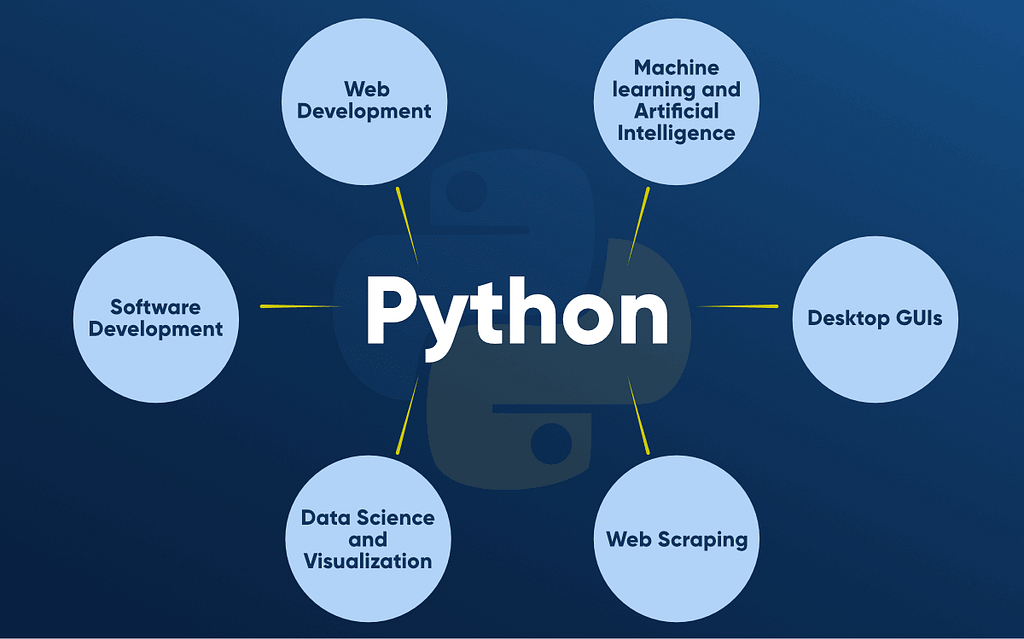
Python has a large number of applications due to its versatile nature. Below are some of the few application areas you can explore with Python with its libraries and frameworks. After mastering the above concepts, you are free to choose a career path that interests you.
Path 1 — Towards Data Science
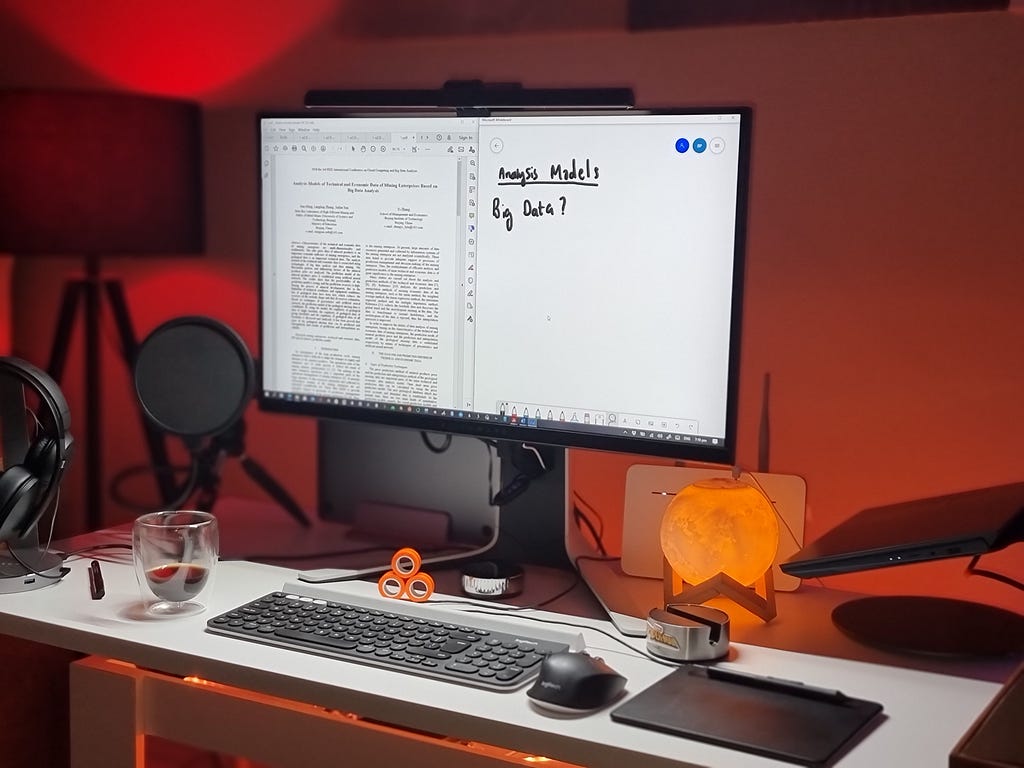
Harvard Business Review named Data Science as One of the Hottest Fields of the 21st Century. Data Science is an interdisciplinary field that uses algorithms, math, stats to extract meaningful insights from the data. Following are the things you should consider learning if you want to start your career in Data Science —
- Libraries such as Matplotlib, Pandas, NumPy, Seaborn
- Math and Stats
- Data Visualization
- Data Manipulation, Data Analysis, and Interpretation
- Database Management
There is no lack of resources when it comes to learning Data Science with Python. Check out the following resources to learn about Data Science with Python for free —
- Applied Data Science with Python Specialization (Coursera)
- Data Scientist with Python (Datacamp)
- Python Data Science Tutorials (realpython.org)
- IBM Data Science Professional Certificate (Coursera)
- Statistics with Python Specialization (Coursera)
Path 2 — Web Development
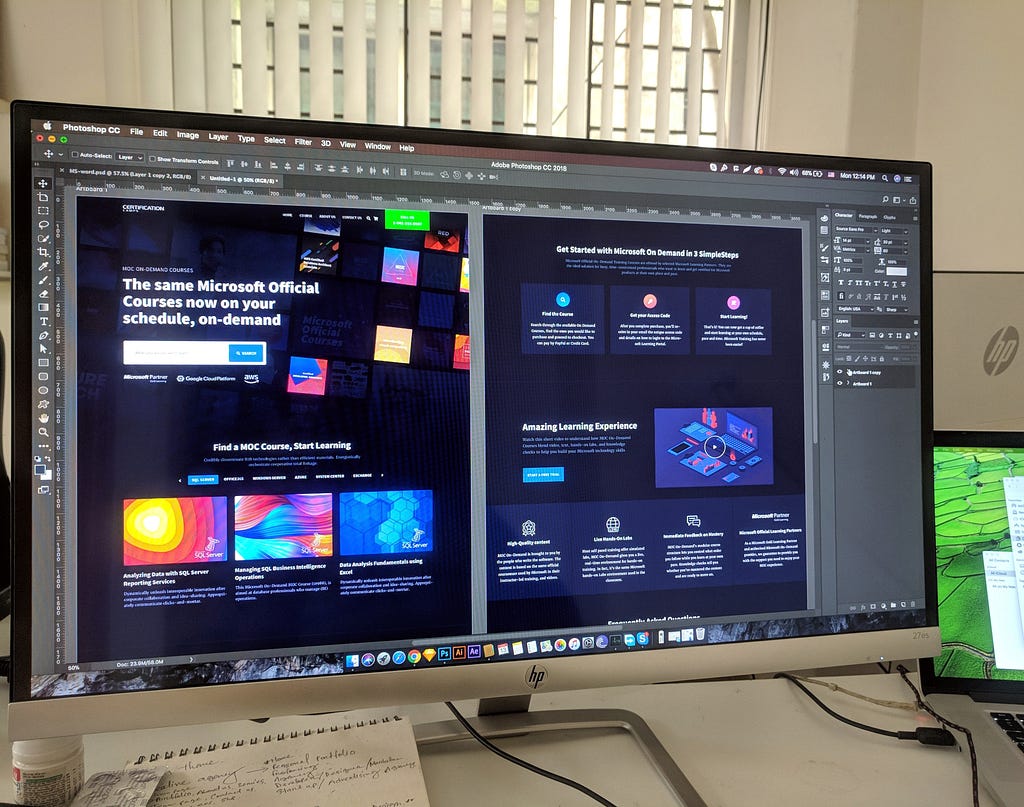
Please refer to this blog post if you are considering a career in Web Development. Things to consider while learning Web Development are
- Frontend Developer
- Backend Developer
- HTML, CSS
- Django, Flask
- JavaScript, TypeScript
- Angular, React JS, Vue.js
- Node.js, Ruby, PHP, MySQL
Check out the following resources to learn Web Development for free —
- Web Design for Everybody: Basics of Web Development & Coding Specialization (Coursera)
- HTML, CSS, and JavaScript for Web Developers (Coursera)
- IBM Full Stack Cloud Developer Professional Certificate (Coursera)
- HTML & CSS BY (W3School)
- Web Development Career Path (Codecademy)
Path 3 — Towards Machine Learning and Artificial Intelligence

Machine Learning is one of the fastest-growing fields today. You should learn the following things if you are interested in starting your career in the field of ML and AI —
- Applied Math and Stats
- Machine Learning Algorithms
- Libraries such as sci-kit learn, TensorFlow, Keras
- Prediction Model
- Neural Networks for Deep Learning
- Natural Language Processing
There are tons of resources available on the internet when it comes to Machine Learning. Check out the following resources to learn ML and AI for free —
- Machine Learning by Stanford (Coursera)
- Professional Certificate in Computer Science for Artificial Intelligence By HarvardX (edX)
- Machine Learning Foundations: A Case Study Approach (Coursera)
- Deep Learning Specialization (Coursera)
- DeepLearning.AI TensorFlow Developer Professional Certificate (Coursera)
- Natural Language Processing Specialization (Coursera)
Path 4 — Web Scraping, Computer Vision, and Automation Testing

Things to consider while learning Web Scraping and Automation Testing are —
- Web Scraping using BeautifulSoup, Requests libraries
- Selenium Web Driver
- Selenium Grid
- Computer Vision using OpenCV
Check out the following resources —
- TensorFlow: Advanced Techniques Specialization (Coursera)
- Introduction to Computer Vision and Image Processing (Coursera)
- Introduction to Computer Vision (Udacity)
- Deep Learning for Computer Vision (NPTEL)
- Using Python to Access Web Data (Coursera)
- Learning Python Test Automation (Automation Panda)
- Selenium Web driver with Python from Scratch + Frameworks (Udemy)
Stage 5 — Personal Python Projects

Building hands-on projects with Python as a programming language will help you gain practical coding skills. Working on your projects will boost your self-confidence and will help you to understand all the programming concepts. You will be using technical knowledge to build an impressive portfolio. It is the best way to show off your coding skills to future recruiters.
Thanks for reading! If you have any doubts or suggestions for me, feel free to say hi!
The 2021 Python Developer RoadMap was originally published in Towards AI on Medium, where people are continuing the conversation by highlighting and responding to this story.
Published via Towards AI



